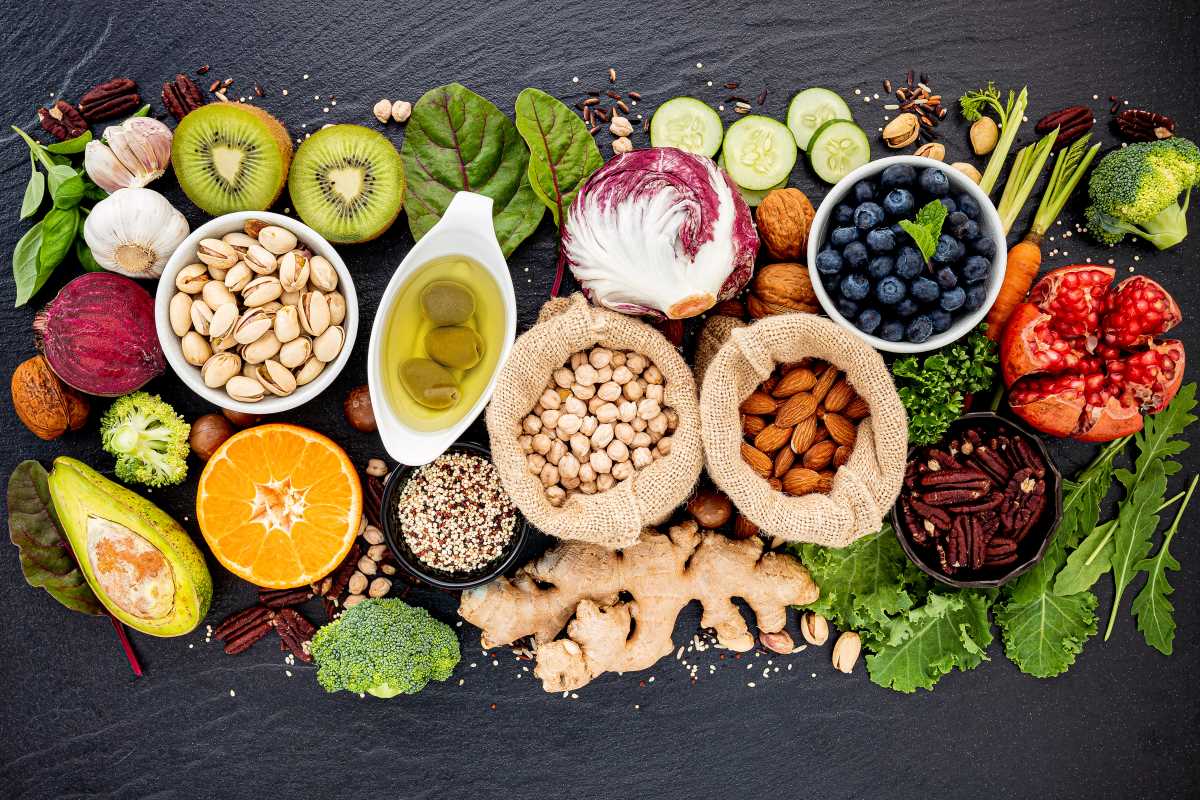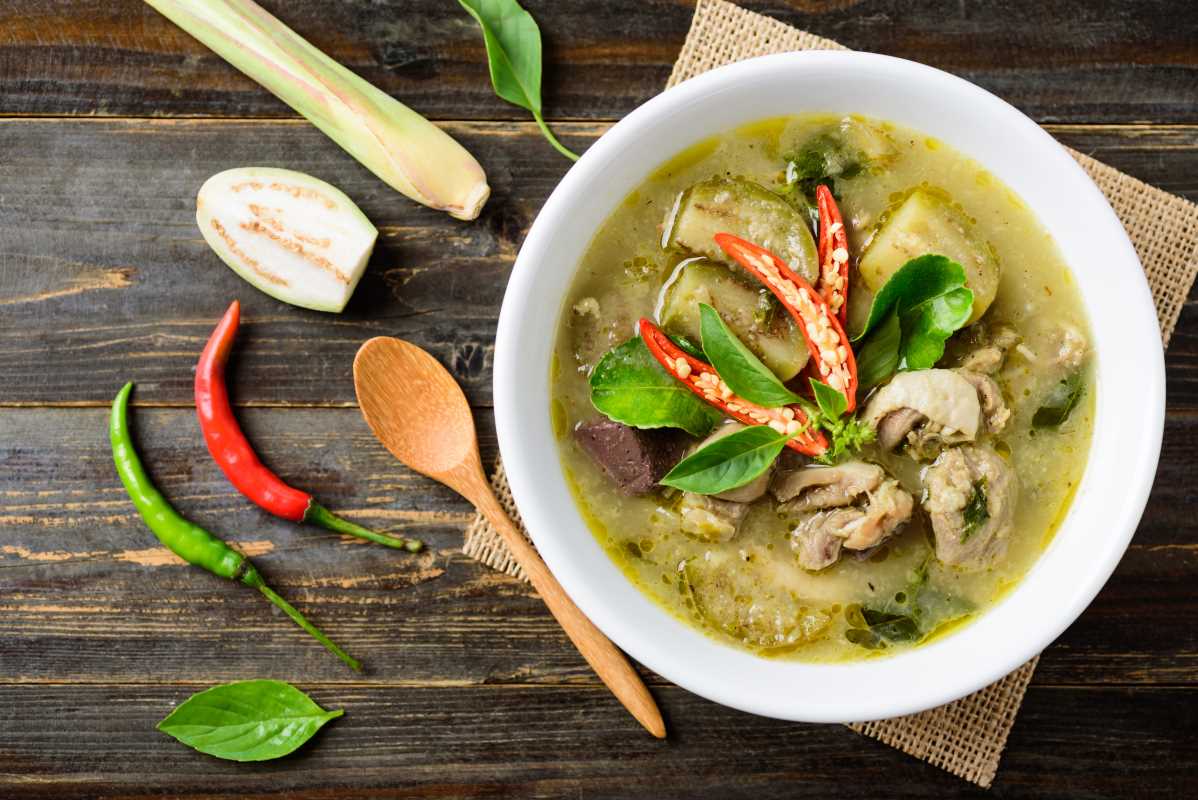Transforming fresh herbs from your garden into mouthwatering gourmet dishes can bring a delightful twist to your culinary creations while boosting your home-based business. For women entrepreneurs who operate from their kitchen tables, using these vibrant, aromatic ingredients adds a distinctive flavor that can set your offerings apart in a competitive market. With a dash of creativity and a sprinkle of passion, you can craft recipes that not only tantalize taste buds but also showcase your unique style and professional expertise. Let's delve into the art of utilizing your herb garden to its fullest potential, creating dishes that reflect your personal touch and entrepreneurial spirit.
Benefits of Using Homegrown Herbs
- Freshness and Flavor: Homegrown herbs provide unparalleled freshness, enhancing the taste of your dishes without the need for preservatives.
- Cost-Effective: Growing your own herbs eliminates the need to purchase expensive fresh herbs from stores regularly.
- Healthier Options: You control the growing conditions, ensuring your herbs remain free from harmful pesticides and chemicals.
- Sustainability: Cultivating your own herbs supports eco-friendly practices by minimizing packaging waste and transportation emissions.
- Personal Satisfaction: There’s a unique joy in harvesting and using herbs you’ve nurtured yourself, adding a personal touch to your culinary creations.
Simple Gourmet Recipes
- Herb-Infused Olive Oil:Combine fresh rosemary, thyme, and basil with high-quality olive oil in a glass bottle. Let the mixture infuse for a week to create a flavorful oil perfect for drizzling over salads and grilled vegetables.
- Lemon Basil Chicken:Marinate chicken breasts with chopped basil, lemon zest, garlic, and olive oil. Grill until cooked through and serve with a side of roasted potatoes for a light yet satisfying meal.
- Mint Chocolate Chip Ice Cream:Create a refreshing dessert by blending fresh mint leaves into your ice cream base. Mix in high-quality chocolate chips for a delightful contrast of flavors.
- Tarragon-Infused Butter:Soften butter and blend in finely chopped tarragon. Use this herb butter to enhance the flavor of steaks, seafood, or freshly baked bread.
- Thyme Roasted Vegetables:Toss a variety of vegetables with olive oil, fresh thyme, salt, and pepper. Roast in the oven until tender and caramelized for a simple yet gourmet side dish.
Herb Pairing Tips
Pairing herbs with the right ingredients can elevate the flavor profile of your dishes. Here are some practical tips to get you started:
- Basil: Perfect with tomatoes, mozzarella, and balsamic vinegar for classic combinations like Caprese salad.
- Rosemary: Pairs wonderfully with lamb, potatoes, and olive oil, adding a robust aroma and taste.
- Thyme: Versatile for use with poultry, vegetables, and in soups, providing a subtle earthiness.
- Mint: Excellent with lamb, chocolate, and fruits, bringing a refreshing note to sweet and savory dishes alike.
- Parsley: A great complement to fish, garlic, and lemon, enhancing the overall freshness of the meal.
Enhance Your Culinary Brand
Integrating unique flavors into your menu can significantly boost your brand’s appeal. Consider exploring herb-infused oil recipes to create signature products that showcase your culinary creativity. By offering distinctive flavors, you attract more customers and establish a memorable identity in the competitive food industry.
Cooking Techniques with Homegrown Herbs
Mastering various cooking techniques helps you make the most of your homegrown herbs and turn simple dishes into gourmet experiences. Here are some methods to consider:
- Infusion: Steep herbs in oils, vinegars, or spirits to extract their flavors, perfect for dressings and marinades.
- Blending: Create fresh herb mixtures to add directly to dishes or to use as bases for sauces and dips.
- Drying and Storing: Preserve herbs by drying them, allowing for longer storage and use throughout the year.
- Fresh Garnishing: Use fresh herbs as a finishing touch to enhance the presentation and taste of your meals.
- Sautéing: Lightly cook herbs in oil to release their essential oils, adding depth to soups and stews.
By experimenting with these techniques, you discover new ways to incorporate your fresh herbs into every aspect of your cooking, making each dish a testament to your culinary skill and creativity.
Homegrown herbs elevate gourmet dishes with freshness, cost savings, and creative freedom. Simple recipes and thoughtful pairings transform meals, enhancing your culinary brand. Experimenting in your herb garden benefits both taste buds and business.
 (Image via
(Image via





